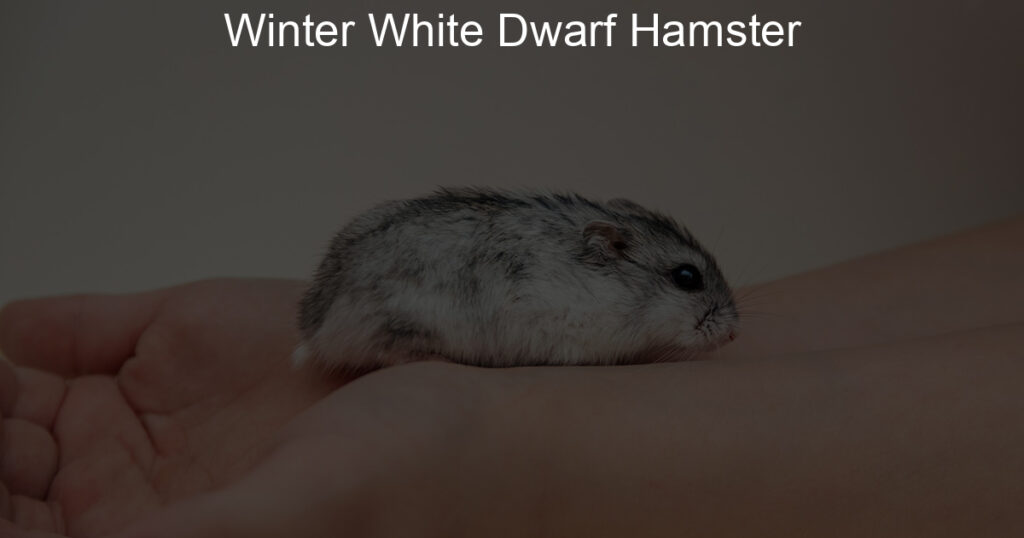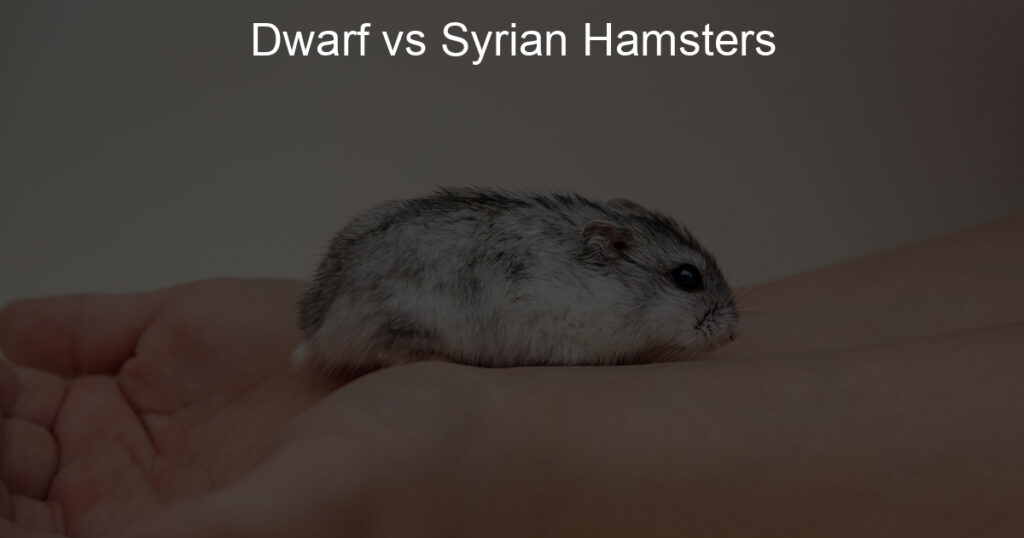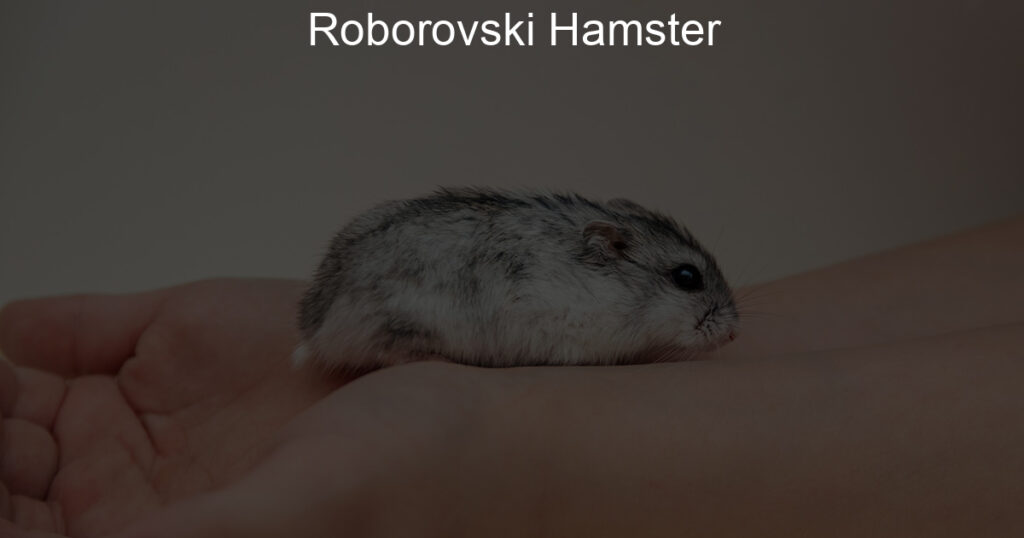Are you looking for the perfect pet companion or do you already have your heart set on a dwarf hamster? Regardless, if that’s the case then you may be wondering what kind of sleeping and active cycle these little furry critters usually keep.
Do they stay awake at night like most nocturnal animals, or are they daytime creatures? Well, worry not, because we’ll be diving into whether dwarf hamsters are nocturnal or diurnal so that you can understand their particular lifestyle a bit better!
Are dwarf hamsters nocturnal?
Dwarf hamsters are nocturnal in their natural habitat, however, their sleep patterns become more adjustable in captivity. Depending on the amount of light and activity during the day, they can learn to adjust and become active at night or during the day. This makes them an excellent pet for those who prefer to stay up until late hours since they will be most active while you work or do other activities nearby.
Additionally, they don’t need large living spaces as other pets would require, so they make a perfect companion for any living situation. With a proper lighting schedule and consistent routine, your dwarf hamster will get used to its environment quickly and provide companionship late into the night.
Are hamsters nocturnal or diurnal?
Hamsters are nocturnal animals, meaning they are most active at night and sleep during the day. While active throughout the day, their periods of peak activity generally occur between twilight and dawn. Nocturnal habits help hamsters to hide from predators or forage for food in a safe environment – when everyone else is asleep, the world is much quieter than it usually is.
Furthermore, hamsters are able to conserve energy by sleeping throughout the brighter, hotter hours of the day when temperatures escalate. Altogether, these traits make them wonderful nighttime companions!
Which hamsters are not nocturnal?
Many people think hamsters are strictly nocturnal creatures, but that isn’t always the case. Some of the most popular domesticated hamsters, including Roborovski, Syrian, and Chinese dwarf hamsters, are actually crepuscular. This means they have their peak activity levels in the twilight hours of the day, like at sunrise and sunset.
Unlike nocturnal species, these little rodents actually become more active during daylight hours if given sufficient exposure to it. When it comes time for bedtime, their daily activity happens a few hours later than Nocturnal hamsters’ active periods. Quite interestingly, not all wild hamsters are nocturnal either; some less popular species prefer more daytime activities instead.
Why are hamsters only active at night?
Hamsters are naturally nocturnal, meaning that they prefer to spend their days sleeping and their nights active. This means that they get most of their exercise and foraging in the hours of darkness when there is less activity in the surrounding area and therefore fewer potential sources of danger and disturbance.
Hamsters also use their prominent front teeth to gnaw on food during the night, another distinguishing feature of these small and furry creatures. As such, a hamster’s melatonin production (a hormone released during sleep) will cycle with a typically nocturnal pattern due to its environment and evolutionary adaptation – making it ready for activity when the sun sets each day.
Are syrian hamsters nocturnal or crepuscular?
Syrian hamsters are small furry rodents that make great pets, but if you own one you might be wondering what kind of sleep pattern they have. Contrary to popular belief, Syrians are not strictly nocturnal but rather crepuscular – meaning they’re most active in the twilight hours just before dawn and just after dusk.
Although this can sometimes be inconvenient for owners expecting a night-time pet, these animals remain incredibly gentle and friendly despite their more erratic schedule. So if you’re looking for an animal that’s fun and affectionate but not necessarily predictable – a Syrian hamster could be the perfect addition to your family!
Summary
After looking at the evidence, it’s clear that dwarf hamsters have a complex relationship with the concept of day and night. While some species of dwarf hamsters are entirely nocturnal, others may exhibit an active nocturnal lifestyle and be diurnal during periods of fear or human interaction.
Ultimately, dwarf hamsters vary in activity levels due to their natural habitat – if they come from places that experience extreme temperature differences between daytime and nighttime, they will likely behave differently than those from more temperate climates.
No matter what type of Dwarf Hamster you own or are thinking about owning, it’s always important to pay attention to its behaviors and understand when it’s most active for the best possible care for your furry friend.








